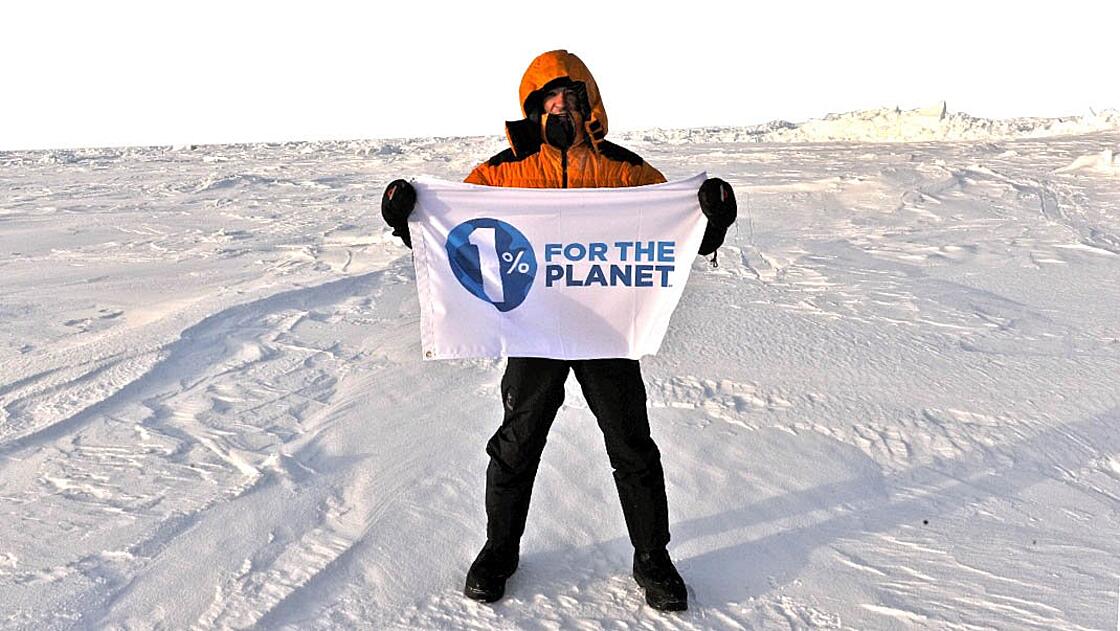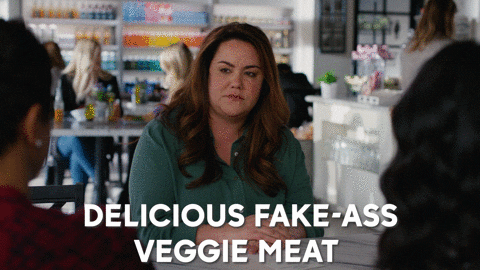Where's The Beef? 🍔
April 21, 2021
SAVE MAMA EARTH
The (not so small) business of saving the Earth
We won't lecture you on why you need to do your part this Earth Day. You've heard it all before. Instead, we're diving into a nonprofit that has made saving the Earth their business: One Percent for the Planet.
Unlike most nonprofits that rely on individual contributions, One Percent has partnered with 3k+ for-profit businesses (like Patagonia and Honest Tea). And each of them has agreed to donate 1% of their sales to accelerate smart environmental giving.

Source: Woosh Sunnies
This led One Percent to raise $270M in total. And these donations went toward a range of causes, including:
- Planting 10M trees all over the globe
- Cleaning 150k pounds of marine waste off the Gulf Coast
- Recovering $208M in food waste
But these partnerships aren't all about the planet - they're also about good business. Brands (big and small) who donate to One Percent get to put the 1% logo on their products. Meaning, they can clearly prove their commitment to the environment.
And 2 in 3 consumers will actually spend more with a brand if they understand how they're making a difference. Meaning, if a consumer sees the 1% logo on your product, they're more likely to buy it (and buy more of it).
Add in the fact that more people are opting to shop small, and donating 1% to mother Earth suddenly becomes a big competitive edge.
WFH CONTINUES
Build your WFH policy by filling in the blanks
It’s a safe bet that working from home is here to stay. But as vaccines roll out, your team probably has questions. Like is your company going back to the office? And if so, can they request to stay remote?

So, make your life easy and answer all their questions at once - with a WFH policy, of course. Best part is you don't even have to start from scratch!
🔥 Tip: Make building your business playbook easier with dozens of free SOP and policy templates (plus, hundreds more in the Trainual app). Take a look.
YOU KNOW?
How to capture tribal knowledge (before it’s too late)
We don't want to single anyone out. But if you've ever spent way too long tracking down answers, this one's for you!
Fast-growing businesses constantly lose tribal knowledge (AKA any undocumented information that only certain people in your company have). And most of the time, they don't even realize it's happening until the knowledge is gone.

The result? About 20% of your team's time is wasted trying to find answers. Not to mention, your company's best practices walking out the door anytime someone offboards.
But you can keep your company’s secret sauce safe by capturing all that tribal knowledge proactively. Here’s how:
- Identify who has tribal knowledge. Start with rallying your most veteran and specialized employees. Because they’re most likely going to know things about your company that others don’t.
- Find out what that knowledge is. Have those people identify gaps in your existing documentation. If you don’t have things written down, then identify which processes they do routinely as a first step.
- Fill the gaps. Write down all of the missing processes, policies, people involved, and best practices you identified in your existing documentation. And be sure to update anything that’s outdated.
- Make it common knowledge. Roll out your updated documentation to anyone who needs to know it (call us biased - but we love Trainual for this). That way, everyone has the answers they need to do their job!.
WHERE’S THE BEEF?
The fake meat market just got real
Real profitable, that is! By 2040, the alternative meat market is projected to reach $450B, per Bloomberg. And there are tons of brands vying for the top spot.

But only 2 really have a shot right now: Beyond Meat and Impossible Foods. And according to the scoreboard, Beyond is unquestionably in the lead. They’re:
- Worth more ($9B vs. $4B)
- Featured in more US restaurants (42k vs. 30k)
- Present in more international markets (80+ vs. 5)
- Maintaining a greater share of the retail market (22% vs. 9%)
But it’s too soon to disqualify Impossible quite yet. Beyond has a few high-profile customers like McDonald’s. But they primarily focus on small chains and independent businesses like yours. So, when you were knocked back by the pandemic this past year, they felt it.
Meanwhile, Impossible’s strategy focuses almost exclusively on household names that have proven to be relatively “pandemic-proof.” Starbucks and Burger King included.
And in less than a year, Impossible went from stocking the shelves of 150 grocery stores to 20k+. All while aggressively dropping their prices to compete with real beef and forcing Beyond to play defense. So, all we can say is the game’s not over yet.
👉 Get the play by play.
TL;DR
This week's highlight reel
- AI works by generalizing data to find "normal." But this creates flawed data and leads AI to make decisions that put people with disabilities at risk.
- Coinbase's $86B IPO last week isn't the big story. Turns out, they've been quietly investing in 100+ startups (mostly in the crypto space) since 2018.
- Someone spent $590k on a one-of-a-kind digital asset of a cat shooting rainbows out its butt. Why? Because that's what investing in NFTs get you.
- Bezos wants Amazon to be the "Earth's Best Employer" (his words, not ours), per his last shareholder letter as CEO.
- Squarespace, the fan-favorite website provider for small businesses, filed for a direct listing on the NYSE last week.




